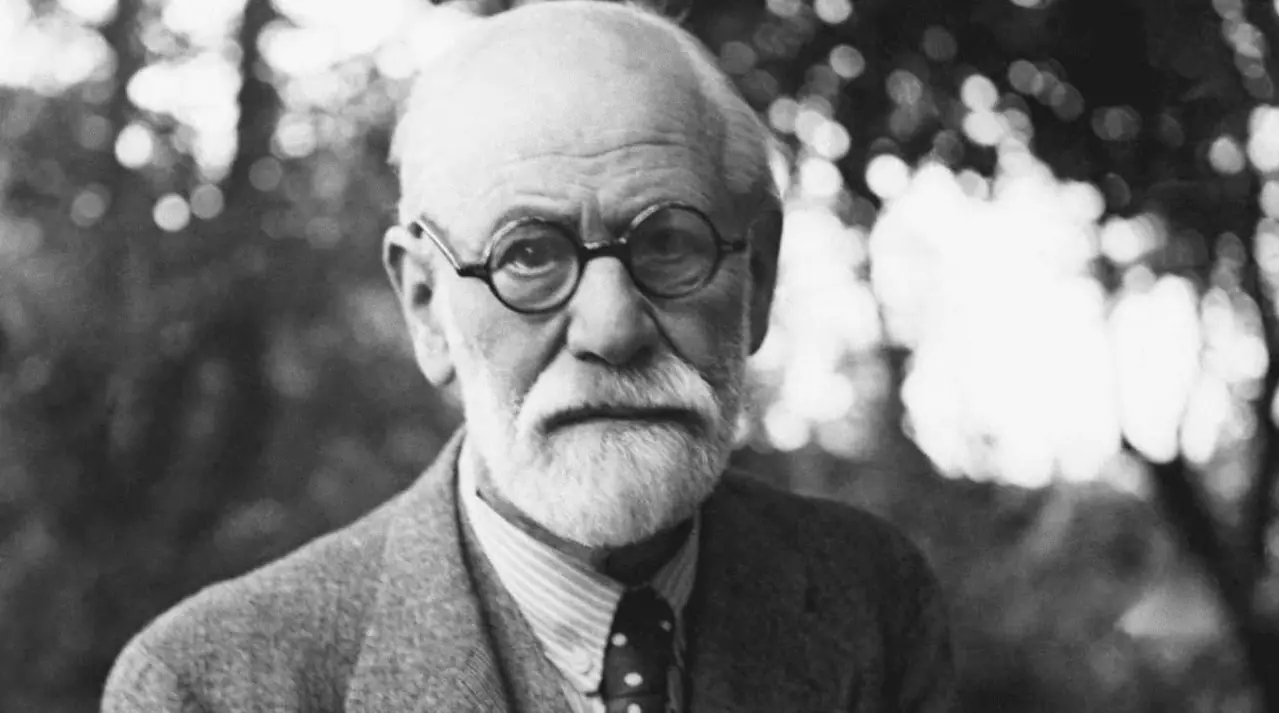
Last week, I attended the annual psyPAG conference in Cardiff, Wales. The opening Keynote by Dr Paul Hutchings has had a lasting impression on me and has inspired this blog post.
Misconceptions
To begin his presentation, a comical hypothetical experience was explained to the audience. When you tell people you study and research psychology, people react in one of two ways
1) “Wow, you can read my mind, I’ll stop talking now”
2) “I am crazy, you could write a book about me”
I looked around at this point and saw a lecture theatre of people nodding their heads in agreement, I think the majority of people involved in the field of psychology have heard one or both of these responses at some point. The general consensus is that Joe Public knows absolutely nothing about what we do. To put this in a more personal example, I have family members that think that I either:
1) Sit people on a couch and try to discuss their childhood and how that makes them feel.
2) Do nothing all day, because it isn’t a real “job” that I do
Why is this?
The whole point that, is that people think these stereotypes for many reasons such as the media, films etc. However, these false stereotypes exist is because ‘we’, the people involved in the field of psychology, do nothing to rectify these false ideas.
What do I do?
I am a research student. I research human behaviour using scientific methods to make a difference and improve things. Specifically, I am investigating how people identity can change following a diagnosis of multiple sclerosis.
What can ‘we’ do about this?
To rectify this problem we need to realise that we need to explain what we do a lot more clearly and actually talk about what we do. The more we get our research and what we do out in the public eye, the more the public can benefit from what we do.
Is it this easy?
In a nutshell, no. Research students usually do not have a lot of time to explain our research fully to people who are not involved in the field, this takes time and effort, something that we are usually lacking. The main goal of research in modern academia is to get your research published in academic journals or present at conferences. No member of the general public reads academic journals and they do not go to conferences so they are not going to hear about this research, secondly, most journals need an originality report, you can’t talk about your research elsewhere if you want to get it published. Finally, are people interested? Most people i know just really do not want to hear a bunch of complicated words that they will not understand and therefore don’t want to hear about what I do.
So, what next?
You might be asking what is the point of me telling you this? Am I doing anything to get my research out there? I do already try to do a couple of these things, however, i think there are some things that we can do to change this situation.
1) Disseminating Research
This blog was set up over a year ago for me to disseminate my research, using social media you can give an overview of your research, a bare-bones, lay language overview so that the general public can find out about and read your research and you can still get published in an academic journal.
2) Engage with your research audience
I have contact with a local MS support group. This group has been essential for my research, my main research direction has come from talks with members of this group and I try my best to keep them informed of my research. I also write yearly reports for the MS Society for them to further disseminate and get my research out there.
3) Impact
When you tell Joe Public about your research, the majority of people will look at you and ask why this needs to be done. All pieces of research have impact. This is the effect that your research can have. For example, my research hopes to improve therapy options for people with multiple sclerosis and low mood, for example when is group or individual psychotherapy more effective? This is my research’s real world impact, it has a potential impact on people’s wellbeing and health pathways and funding.
4) Talk about what you do
This is something I need to work on more. I think it is beneficial for all research students or people involved in the field to talk about their research and what they do, and learn to do so to a lay audience. We spend so much time talking to colleagues that we struggle to explain ourselves to other people. I think we can all benefit from this. If people have misconceptions about what you do, its because no ones ever corrected them, take time to tell them what you do and what thats like.
5) Express your opinion
It was pointed out that all of us in the lecture theatre were experts in our own research area, even if none of us wanted to admit it. Try and get your opinion out there as much as you can. If your research is relevant to something going on at the time talk to your university about getting involved and getting your opinion out there.
Ok, stop ranting now
Going forward, please try to take some of the things I’ve said on board. By working in this field you are doing fantastic things. Talk about your research, think of your impact and get it out in the public domain. This is something we all need to do if we’re going to change the stereotypes about the field we work in.

Offered by our Wellcare World friend at
Dr. A. B. Barker's Psychology Blog
Trending Also -> Physiotherapy Terahertz Technology TeraMD
Wellcare World specializes in providing the latest advancements in wellness technology, supplementation, and lifestyle changes that improve health and increase the quality of people's lives. To learn more, visit WellcareWorld.com and begin living a better life today.
Share Us With Others









